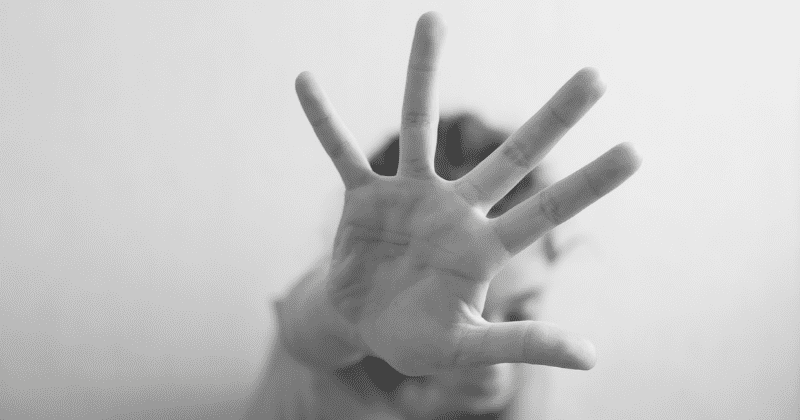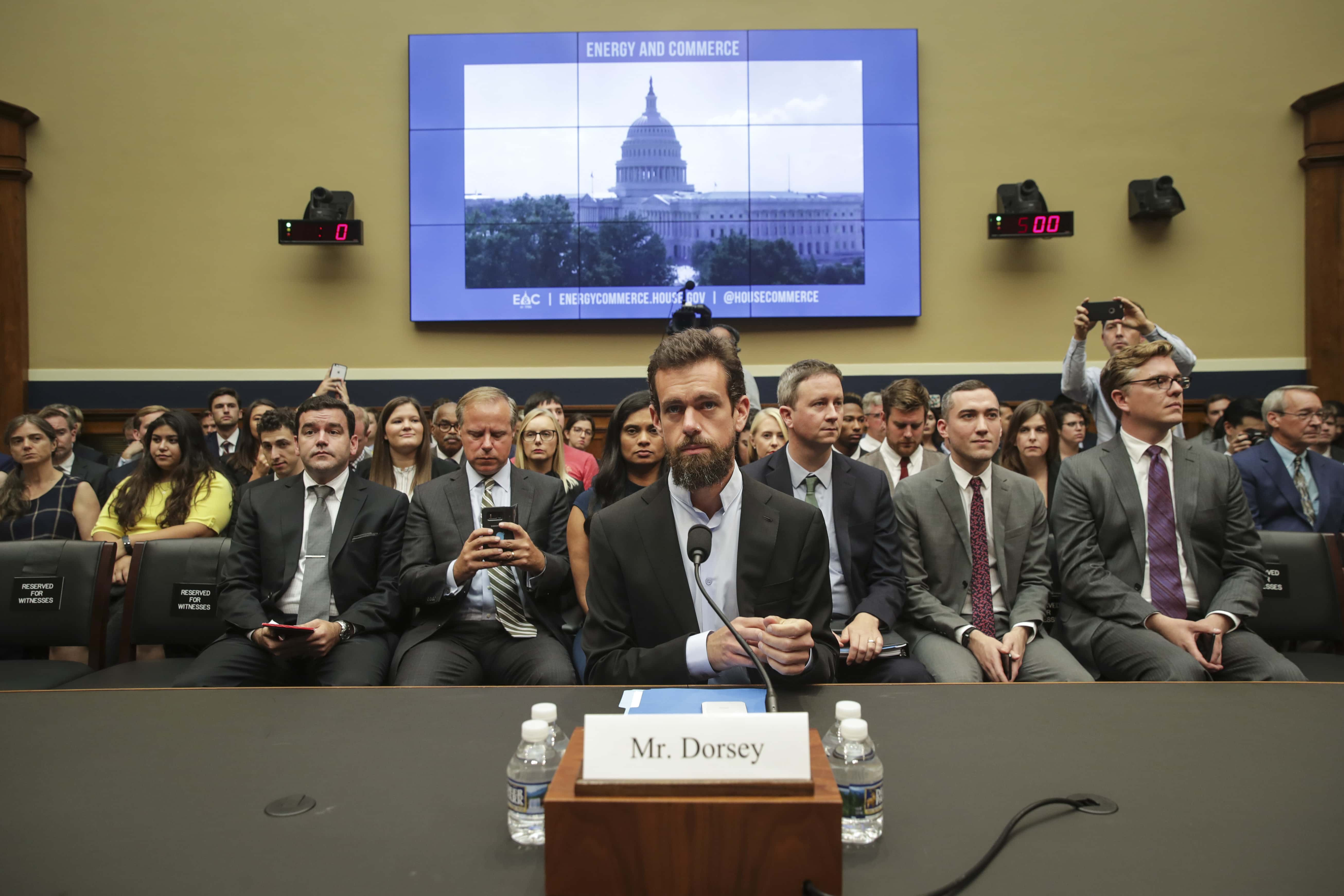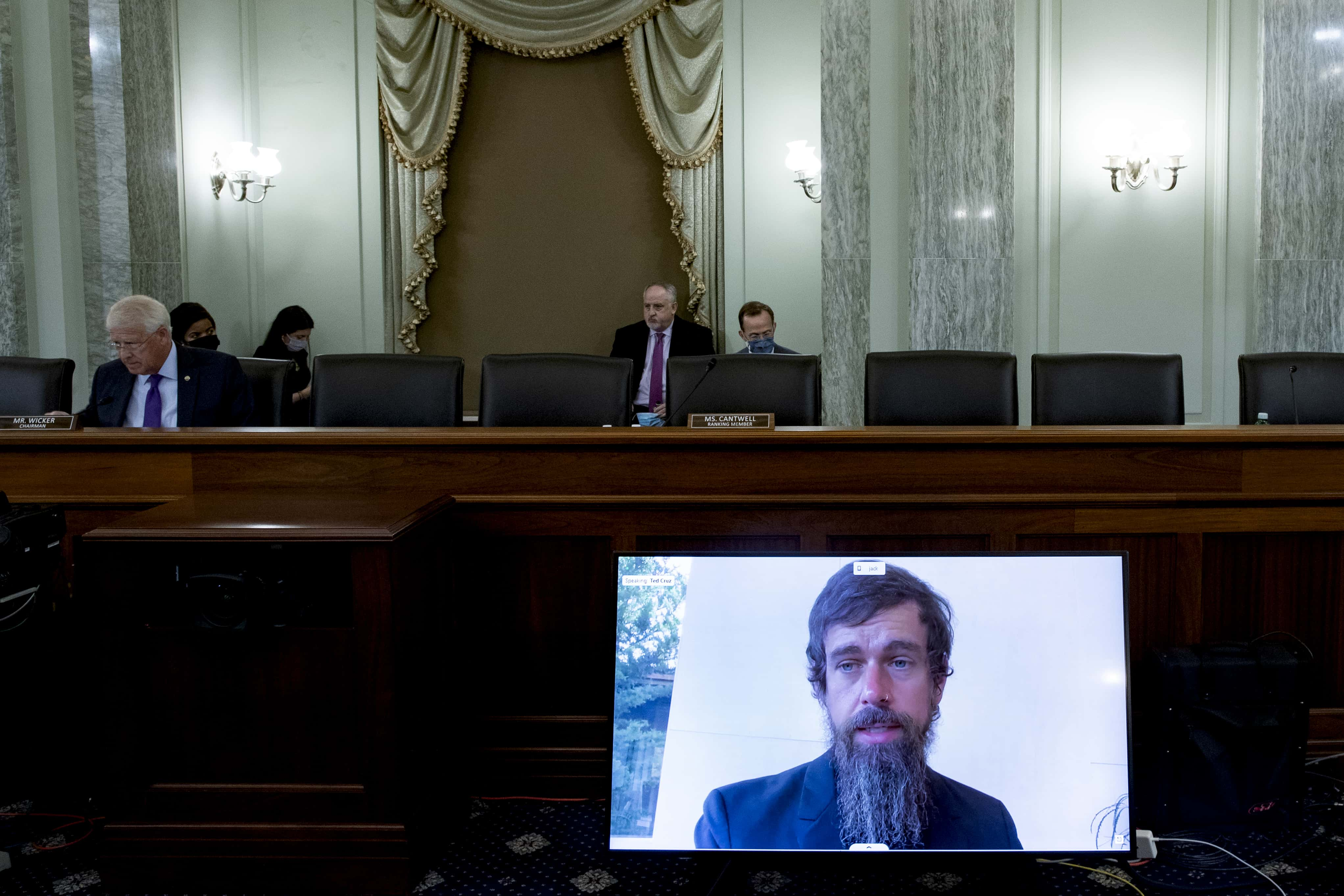Twitter in the eye of child abuse storm, but is the EARN IT Act a silver bullet against ogre of sex trafficking?

A federal lawsuit filed last month by the National Center on Sexual Exploitation Law Center (NCOSE), The Haba Law Firm, and The Matiasic Firm, accused social media platform Twitter of being complicit in sex trafficking by knowingly distributing and profiting from child abuse of a minor. Lisa Haba, a lawyer representing the minor, now says that Twitter cannot use Section 230 to shield itself.
What is the lawsuit?
According to the lawsuit filed, the plaintiff John Doe, a minor, was harmed by Twitter's distribution of material depicting his sexual abuse and the platform's refusal to remove the content when notified by the plaintiff and the plaintiff's parents.
RELATED ARTICLES
Child sexual abuse content floods internet as lockdown hinders quick removal, say experts
In January 2020, Doe was 16 years old when he found that sexually graphic videos of himself were posted to Twitter. As students in his school watched the videos, he became a "victim of vicious bullying", and became "suicidal". The videos were made by the plaintiff when he was 13 years old and was sexually extorted by abusers pretending to be another young teenager. He was manipulated into sending nude photos. The traffickers then threatened to send the nude photos to his parents, his pastor, school leaders, and others and started to blackmail him.

When John Doe and his mother -- Jane Doe -- reached out to Twitter through its reporting system, the platform verified the child's age and then refused to take down the sexual abuse material. The video was viewed more than 167,000 times and was retweeted more than 2,000 times before it was removed after a federal agent ordered Twitter to do so.
According to the lawsuit, by refusing to take down the material even when requested to do so, the social media platform enabled the sexual abuse and profited off it. The NCOSE states, "Twitter is not a passive, inactive, intermediary in the distribution of this harmful material; rather, Twitter has adopted an active role in the dissemination and knowing promotion and distribution of this harmful material. Twitter's own policies, practices, business model, and technology architecture encourage and profit from the distribution of sexual exploitation material."
Can Twitter be held accountable?
Lisa Haba, a partner of Haba Law Firm, who is part of the plaintiff's legal team said in an interview with The Epoch Times, that Twitter "certainly was profiting off the exploitation of [her client]".
Haba said of her client, "The child attempted for a long time to appease the traffickers, acquiescing to their demands in an effort to save his family and save himself from their demands. Ultimately [he] was able to break free when they demanded to meet with him, and he, thankfully, declined to do so.”

According to Haba, Twitter responded to Doe and his mother's requests for the material to be taken down by saying that it was not in violation of its policies and that the platform would "take no further action". Haba said of Twitter, "The words say that they have a zero-tolerance policy, but their actions speak differently. When our client asked them to take down the exact material that they say that they proclaim to preclude, they refuse to act."
Haba stated that Twitter profited from not removing the videos, saying, "When you look at the profit structure that Twitter has, they profit from every single time that these ads are disseminated, retweeted, viewed. There’s a huge advertising incentive and data licensing incentive for these ads to stay, these material to stay up. So Twitter certainly was profiting off the exploitation of John Doe."
Based on the law firm's research, Twitter profits in primarily two ways -- one is the advertising service, and the other is data licensing when data comes from people using the platform, tweeting, retweeting, and viewing material. Haba said, "That is what has helped Twitter become a billion-dollar business, allowing them to profit from each of the tweets that’s put up."
In 2019, the Internet Watch Foundation (IWF) found that Twitter hosted almost half the child sexual abuse material hosted openly on popular websites. Of the 2,835 child sexual abuse links found on the open internet between 2016 and 2018, Twitter contained 1,396 links. The IWF found that these links evaded Twitter's filters and were available to view publicly. However, the majority of child sexual abuse content is hosted in little-known parts of the internet, while IWF studied what was available in the public domain.

While Twitter raised the issue over the veracity of the IWF's data, the IWF stated it only released figures for the number of incidences verified as child sexual abuse by human analysts, rather than scanning software. They also said that their data is trusted by police, governments, and internet companies around the world.
Haba also told the publication that they have "verified every fact before alleging it", and that Twitter could not use Section 230 to shake off liability in the case. She said, "If you are directly profiting or benefiting from human trafficking, that is not necessarily a guaranteed immunity for the big tech platforms."
What is Section 230?
Section 230 is a part of the Communications Decency Act, which was passed in 1996 and gives near-carte blanche legal immunity to tech companies by saying that they cannot be liable for facilitating child sexual abuse material (CSAM) circulation because they are not considered "publishers" under the law. It states, "No provider or user of an interactive computer service shall be treated as the publisher or speaker of any information provided by another information content provider.”
Section 230 has two sides -- according to Consumer Reports, it enables unfiltered opinion in the form of comments sections of news sites or social media, but it also facilitates the mass distribution of disinformation, hate speech, and other objectionable content.
However, given that the law is 25 years old and that the internet has changed massively since the law came into being, there have been many calls for a revaluation of the law. One of those initiatives is known as the EARN IT ACT.
What is the EARN IT ACT?
The EARN IT Act (Eliminating Abusive and Rampant Neglect of Interactive Technologies Act) is a proposed legislation to amend Section 230 and is sponsored by Senator Lindsey Graham, with many Republicans supporting it -- Senator Josh Hawley said that the Section 230 immunity was a "sweetheart deal between big tech and big government."

The bill seeks to create a National Commission On Online Child Sexual Exploitation Prevention, which would develop and continuously update "Best Practices" for guidance to service providers to help them prevent child exploitation and aid in the investigation of related crimes.
The bill also allows any state to bring a lawsuit against service providers if they fail to deal with child sexual abuse material on their service, or if they allow end-to-end encryption on their service and do not provide decryption means to enforcement officials.
NCOSE argues that under the EARN IT Act, "survivors and state attorneys general will be able to sue technology companies for facilitating CSAM using federal civil law as well as state civil and criminal law".
However, the part regarding end-to-end encryption makes the EARN IT Act controversial -- activists allege that it could be used to undermine free speech and privacy. According to the Electronic Frontier Foundation, the bill would "allow the government to go much further and regulate how online service providers operate their platforms and manage user-generated content—the very definition of editorial activity in the Internet age".
The EFF also states that it violates the Fourth Amendment by turning online platforms into "government actors that search users’ accounts without a warrant based on probable cause". The EFF recommends President Joe Biden's administration reject the act, as does the Center for Democracy and Technology.
Democrat Senators are also seeking to make changes to Section 230 with a new bill called the 'Safe Tech Act'. The bill was introduced by Senators Mark Warner, Mazie Hirono, and Amy Klobuchar, and under it, online platforms would not be able to claim Section 230 immunity for alleged violations of federal or state civil rights laws, antitrust laws, cyberstalking laws, human rights laws or civil actions regarding wrongful death. It would also strip companies of immunity for any speech they were paid to carry such as ads and marketplace listings.










